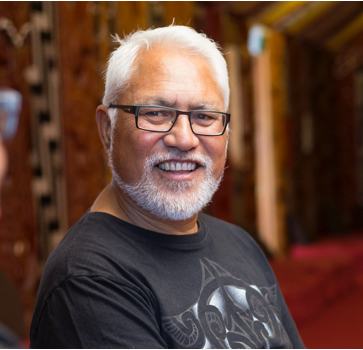MĀORI LAND
Ownership and management by tangata whenua
What this chapter covers
- Overview and key terms
- Status of Māori land
The different status categories for Māori land and how the status can be changed - The Māori Land Court
How the Māori Land Court works, including how to apply for an order from the court and how you can challenge the court’s decisions - Succession: Transfer of ownership when an owner dies
How ownership of Māori land is transferred on the death of the owner and the restrictions that apply
in these cases - Alienation: Selling, gifting and other land transactions
How ownership of Māori land is transferred through selling or giving away the land and the restrictions that apply in these cases - Methods of managing Māori land: Trusts, incorporations and reservations
The different management structures that multiple owners of Māori land can use to make decisions about their land and its use (including Māori land trusts, Māori incorporations and Māori reservations) and how to set them up - Building on and occupying Māori land
This includes information about orders available from the Māori Land Court, local council requirements and a special home finance scheme, the kāinga whenua loan scheme - Partitions (subdivisions) and other title improvements
Subdividing Māori land if an owner wants to separate their shares in the land from the other owners, and other ways in which the court can improve the title to the land - Rates and Māori land
Types of Māori land, which rates will or won’t have to be paid, and councils’ powers to not collect (“remit”) or postpone the payment of rates - Takutai moana: Customary rights in the marine and coastal area (foreshore and seabed)
Getting legal recognition of customary rights in te takutai moana (“foreshore and seabed”) - Legal personality for maunga, awa and other natural features of the land
How some maunga, awa and rohe now have the status of a legal person under the law - Where to get other information

